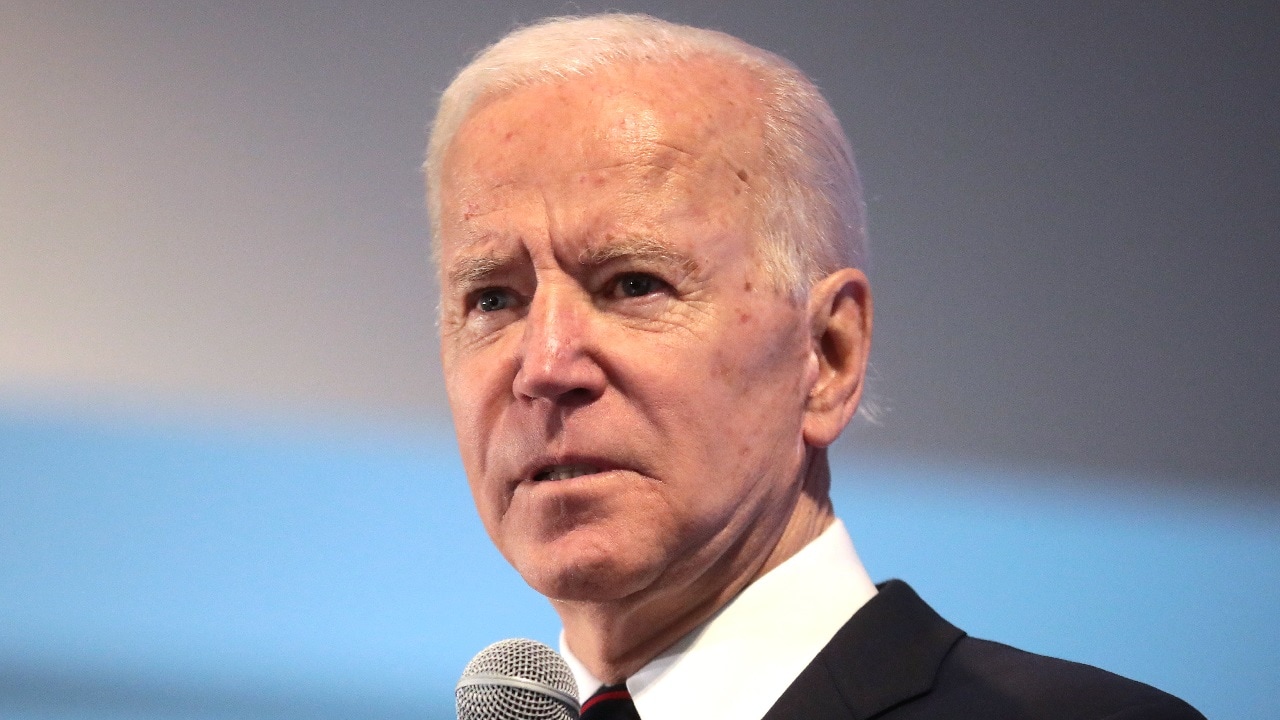Congressional leaders will meet with President Joe Biden next week to discuss the debt ceiling. The May 9 meeting at the White House will include Speaker Kevin McCarthy, House Minority Leader Hakeem Jeffries, Senate Majority Leader Chuck Schumer, and Senate Minority Leader Mitch McConnell.
This meeting takes place against the backdrop of the Congressional Budget Office’s (CBO) Monday announcement that decreased tax receipts make a default look more likely.
“Because tax receipts through April have been less than the Congressional Budget Office anticipated in February, we now estimate that there is a significantly greater risk that the Treasury will run out of funds in early June. We are providing this information in response to questions from lawmakers about our projections of revenues for the current year and the implications for the debt ceiling,” CBO said in a statement. “If the debt limit is not raised or suspended before the extraordinary measures are exhausted, the government will ultimately be unable to pay its obligations fully. As a result, the government will have to delay making payments for some activities, default on its debt obligations, or both.”
A Looming Default
Treasury Secretary Janet Yellen similarly warned Monday in a letter to Speaker Kevin McCarthy that the federal government could default on its obligations as soon as June 1 unless Congress extends the debt ceiling.
““It’s time to put aside partisan interests and do what is right and necessary for the American people to avoid a first-ever U.S. government default that crashes the stock market, raises costs on families and jeopardizes retirement savings,” Schumer and Jeffries said in a statement.
Who’s to Blame?
Both sides blame the other for the looming crisis.
Biden wants an unconditional debt ceiling increase. Republicans want serious cuts in the rate of the growth of the federal budget by at least $4.5 trillion over the next decade. The bill passed by the House would raise the debt ceiling by $1.5 trillion.
Republicans imposed limits on programs favored by Democrats, including Green energy tax credits. It orders the Secretary of the Interior to resume allowing oil drilling on federal lands and returns unspent COVID funds to the Treasury.
Speaker Kevin McCarthy tweeted last week that the Republican plan returns spending levels to where they were in 2022.
“It’s not radical—it’s responsible,” McCarthy said.
The GOP plan, however, does not specify what programs would be cut and by how much. It merely imposes a limit on how much would be spent.
“House Republicans did their job and passed a responsible bill that raises the debt ceiling, avoids default, and tackles reckless spending,” McCarthy said in a statement. “The Senate and the President need to get to work — and soon.”
The White House argues this would result in a 22% reduction in non-defense spending, putting housing vouchers, food aid and basic medical care at risk.
“We pay our bills and we should do so without reckless hostage-taking from some of the MAGA Republicans in Congress,” Biden said.
Veterans Affairs Committee Chairman Mike Bost, R-Ill., countered Democrats saying that no veterans benefits would be cut.
Sen. Mitt Romney, R-Utah, noted that both sides should cool down their rhetoric and collaborate, “saying that when we have a divided government, that’s what happens, so sit down, get a deal done and don’t scare the pants off the people of America.”
John Rossomando was a senior analyst for Defense Policy and served as Senior Analyst for Counterterrorism at The Investigative Project on Terrorism for eight years. His work has been featured in numerous publications such as The American Thinker, Daily Wire, Red Alert Politics, CNSNews.com, The Daily Caller, Human Events, Newsmax, The American Spectator, TownHall.com, and Crisis Magazine. He also served as senior managing editor of The Bulletin, a 100,000-circulation daily newspaper in Philadelphia, and received the Pennsylvania Associated Press Managing Editors first-place award in 2008 for his reporting.

